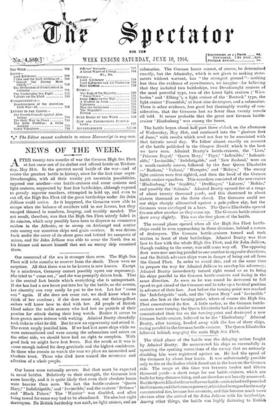The third phase of the battle was the delaying action
fought by Admiral Beatty. Ho ma,nreuvred his ships so successfully in upsetting the spotting corrections of the enemy that no seriously disabling hits were registered against us. He had the speed of tho Germans by about four knots. It was unfortunately possible only to fire at the flashes which flared out in the haze on the German side. The range at this time was between twelve and fifteen thousand yards—a short range for our battle-cruisers, which are built for long-distance firing, and are therefore not heavily armoured. But the Queen El izabeths as well as ou r battle-cruisers had well pounded the G ermans,and the G errnan gun nery,which had been good in the early concentrated fire, became less accurate, and this became much more obvious after the arrival of Sir John Jellicoo with his battleships. Among other things, the battle was highly flattering to British gunnery. Admiral Beatty succeeded in outflanking the German battle-cruisers, and to avoid being headed they had to accept a renewal of very fierce fighting, during which the Derffiinger ' was sunk.



































 Previous page
Previous page